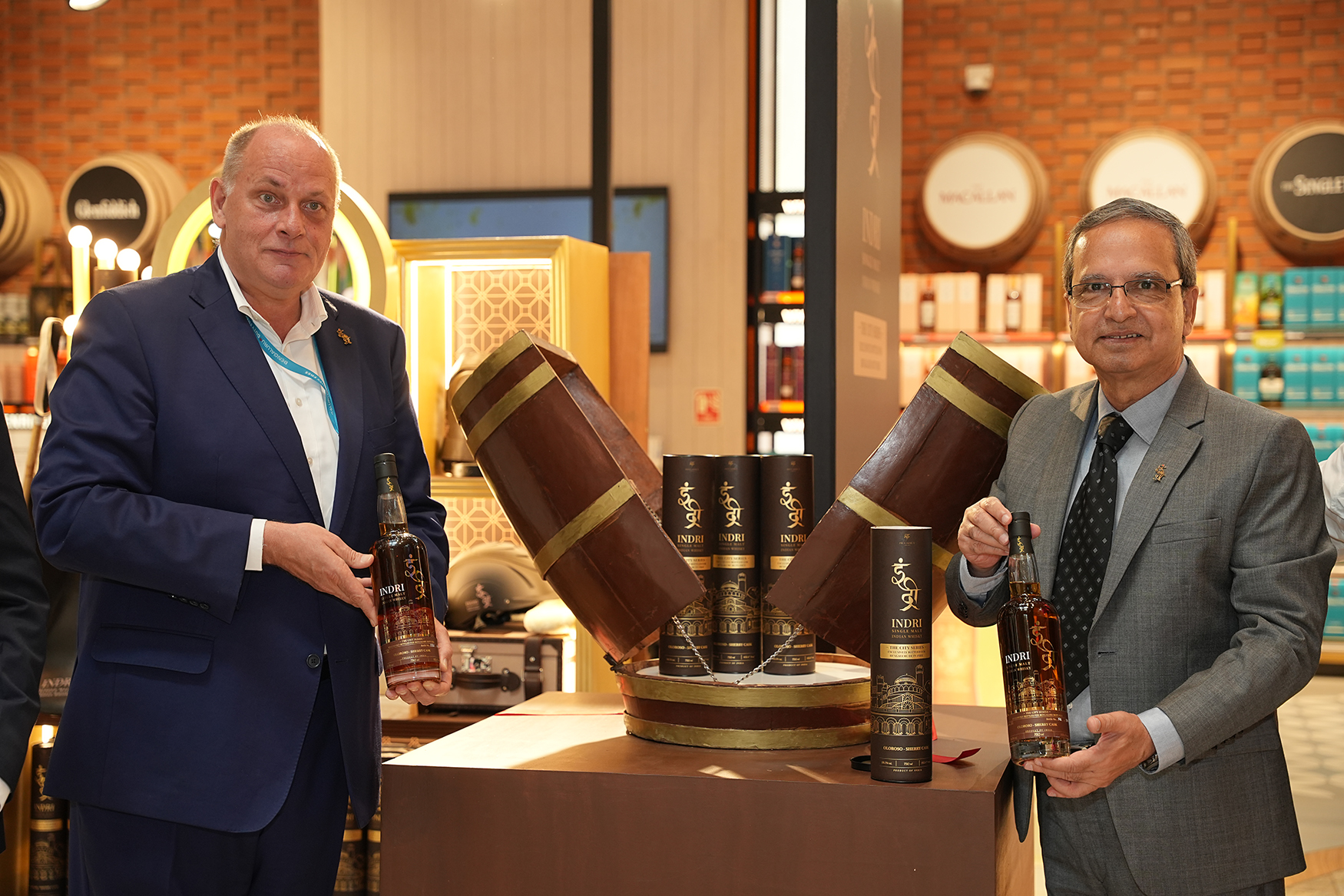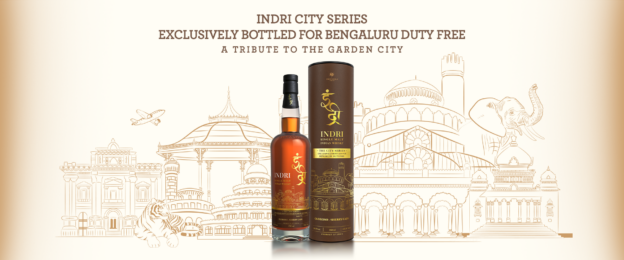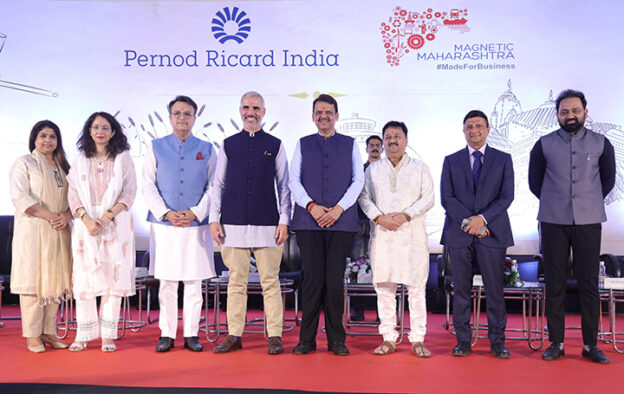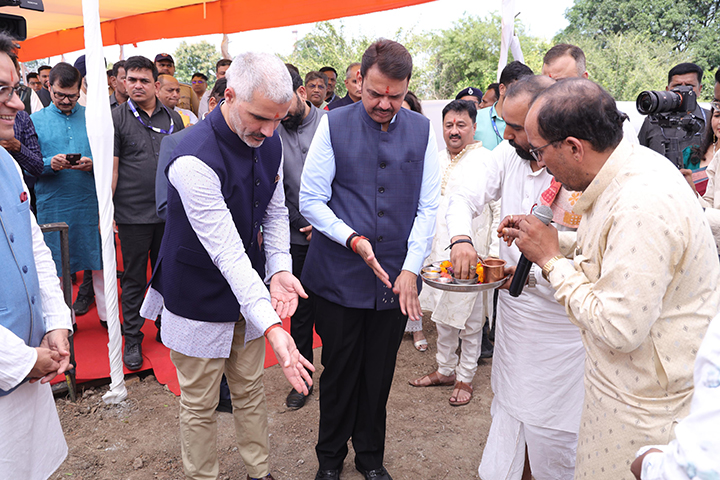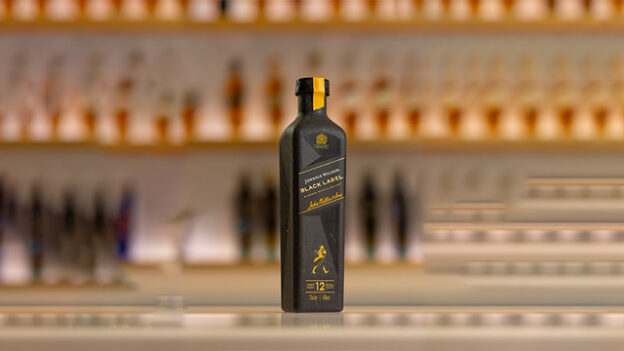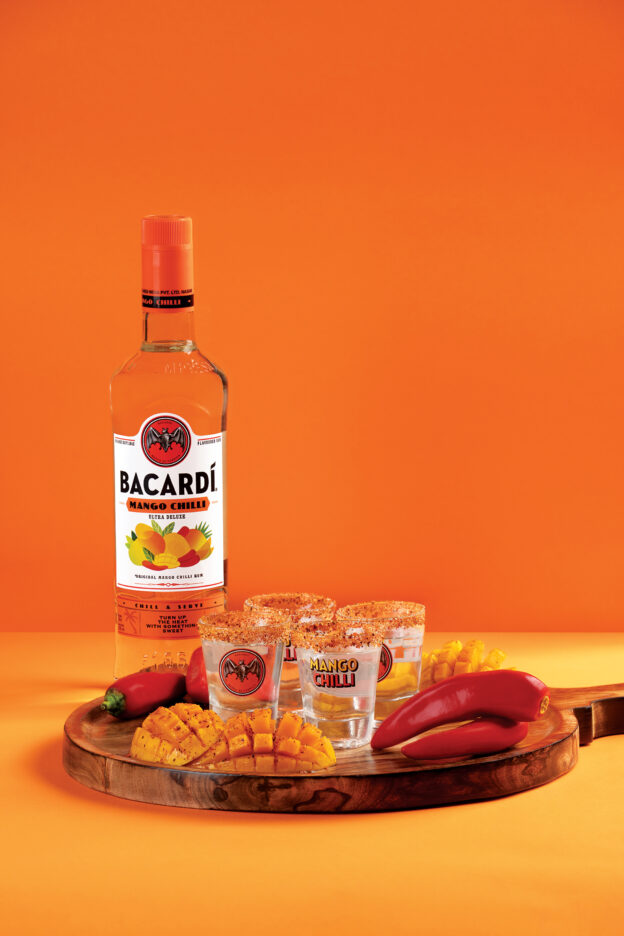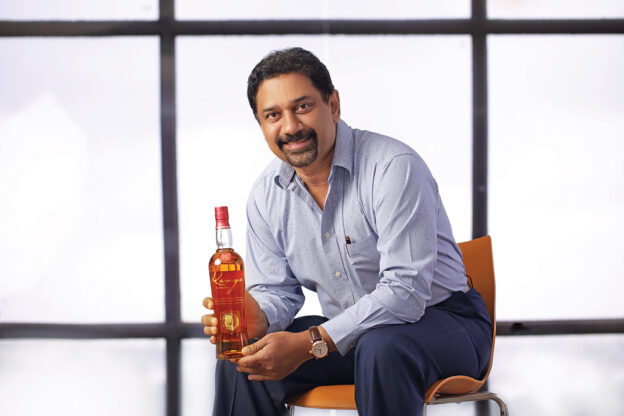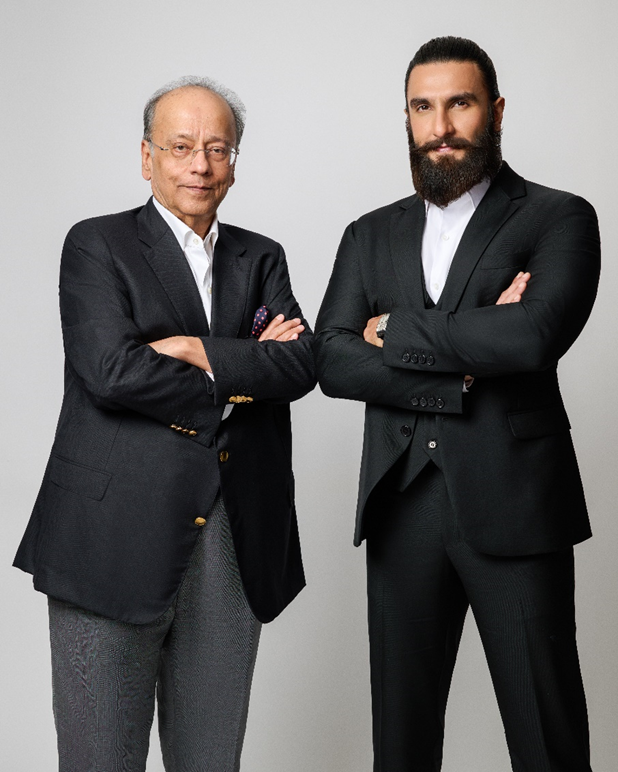Prashant Kishor Pandey, political strategist and tactician, who has formed his own political outfit ‘Jan Suraaj’ on October 2, 2022 has promised to lift the ban on liquor in Bihar if his party came to power in the State Assembly elections to be held in 2025.
Prashant Kishor vowed to the lift the ban ‘within an hour’ if his party won the elections. “We have been preparing for the last two years. If the Jan Suraaj government is formed, we will end the liquor ban within one hour,” he told a news agency.
Prohibition in force since 2016
The present Chief Minister, Nitish Kumar first imposed total prohibition in 2016 and that really hasn’t helped the state of Bihar as the number of deaths due to illicit liquor crossed 200 and 30 cases have been filed without any conviction. And we have the infamous statement of Nitish Kumar who said ‘Jo sharab piyega, woh marega hi’ (one who drinks liquor, will surely die).
In 2015 before coming to power in his election rally he had promised to introduce prohibition. When he came to power he said, “My government is committed to fulfilling promises made to women during the election campaign. There was a surge of complaints from women about male members of the family resorting to drinking and creating nuisance, which also affected the education of their children. Though the excise department can earn ₹4,000 crore per year, we have to think in terms of public interest and take this decision.” However, there have been instances from states where prohibition has been in place that it really is counterproductive, giving rise to illegal trade and illicit liquor and the consequent deaths.
Undeterred by such opinion, the Bihar Government on December 21, 2015, issued a gazette notification, introducing a New Excise Policy to curb the menace of alcoholism and vices related to it. The notification provided for prohibition of country liquor within the State of Bihar from April 1, 2016. Accordingly in order to achieve the desired objectives of Prohibition, The Bihar Excise Act ,1915 was amended and Bihar Excise (Amendment) Act, 2016 was promulgated and from April 5, it imposed total prohibition.
Consequently, the Bihar Prohibition and Excise Act, 2016 was notified on 2nd of October 2016, the preamble of which provides thus: “To enforce, implement and promote complete Prohibition of liquor and intoxicants in the territory of the State of Bihar and for matters connected therewith or incidental thereto. Whereas it is expedient to provide for a uniform law relating to Prohibition and regulation of liquor and intoxicants, the levy of duties thereon and punishment for the violation of law in the State of Bihar.”
Prohibition has not helped State
However, prohibition has not helped the state which has lost over 200 lives, besides revenues that come from excise. The worst part is that there has not been a single conviction in any of the cases so far. Thirteen people who were convicted in March 2021 in the 2016 Gopalganj hooch tragedy by a lower court were acquitted by the Patna High Court.
In such a scenario, Nitish Kumar has made several amendments to the anti-liquor law but that really has not helped the illegal activities. On March 30, 2022, the Bihar Prohibition and Excise (Amendment) Bill, 2022 was passed by the legislature, and the bill amended the 2016 Act. The Bill was introduced to expedite trial in the courts and to focus on punishing illegal suppliers and traders of liquor, instead of persons consuming it. The government decided to allow the release of vehicles impounded for transporting liquor after the payment of only 10% of its insurance cover, instead of the 50% required earlier, the rationale for this is inexplicable.
Penalty for consuming liquor
As per the amendment it introduced penalty for consuming liquor. The Act specifies the following as offences: (i) consuming liquor or intoxicant in any place, (ii) being found drunk, (iii) drinking and creating nuisance or violence, and (iv) facilitating drunkenness or allowing assembly of drunk persons in a house. The first two offences are punishable with a minimum fine of ₹50,000 for first-time offenders, or three months imprisonment in lieu of such fine. Repeat offenders are punishable with fine up to one lakh rupees, and imprisonment ranging from one to five years. The other two offences may be punished with fine of one lakh rupees to five lakh rupees, and five to ten years of imprisonment. The Bill only penalises persons who consume any intoxicant, or are found drunk or under the influence of an intoxicant. These offences are punishable with: (i) a fine in the first instance, and one month imprisonment in case of failure to pay fine, and (ii) additional fine or imprisonment, or both, in case of repeat offences. The state government will prescribe fines for the first instance of offence, and fines and imprisonment for repeat offenders.
Trial by Executive Magistrate
The Act said persons consuming alcohol, or found intoxicated, will be arrested and produced before the nearest Executive Magistrate (to be appointed by the state government in consultation with the High Court). The Magistrate will conduct a summary trial of such persons. The Executive Magistrate will exercise the powers of a Judicial Magistrate of the second class in such cases.
Consumption of liquor in a chemist shop
The Act provides separate punishment for persons consuming liquor in a chemist or druggist shop or dispensary. The Bill removes this provision.
Special Courts
Under the Act, all offences are tried either by a Sessions Court or a Special Court. Special Courts may be appointed or designated by the state government. The Bill provides that all offences (except for consumption of liquor) will be tried by a Special Court. It requires every district to have at least one Special Court. Special Courts will only try offences under the Act, and must endeavour to complete the trial within one year from the date of submission of the charge sheet. Judges in these Courts must be appointed by the state government in consultation with the Chief Justice of the High Court.
Timeline for investigation
The Act requires the excise officer or police officer to file the investigation report within 60 days of registration of the case. The Bill relaxes this timeline to 90 days in case of offences punishable with a minimum of ten years imprisonment or death.
Offences made compoundable
At present, all offences under the Act are non-compoundable. The Bill omits this provision, implying that offences under the Act may now be compounded. Compoundable offences are those which may be settled between parties.
Confiscation of items
If an offence has been committed under the Act, certain items (such as intoxicants, vehicles, and premises) may be confiscated in such a manner as prescribed. The Bill provides that such items may be confiscated by the Collector (District Magistrate) or any officer authorised by him, based on the report of the investigating officer.
Destruction of items
Under the Act, the Collector may order the sale or destruction of articles before their confiscation. This may be done if: (i) the article is subject to speedy and natural decay, is of nominal value, or can be put to misuse, or (ii) the sale would be in the public interest or for the benefit of the owner. As per the Bill, the Collector or an officer authorised by him may destroy items either without or after confiscation. Items may be destroyed if they: (i) may be misused, or (ii) are likely to endanger public safety.
Release of seized items
The Act empowers excise officers and police officers to enter, inspect, and search any place, and seize any document, intoxicant or other items of concern, when investigating offences. The Bill adds that items or premises used for committing an offence under the Act, which have been seized by such officers, will be released (except for reasons to be recorded in writing) on payment of a penalty notified by the state government. In case of non-payment of penalty, the seized items will be confiscated.
Production of arrested persons
The Act requires arrested persons to be produced before court within 24 hours. The Bill permits arrested persons to be produced before the Special Court, or the nearest Judicial Magistrate, either in person or through electronic video.The law has been criticised by the Supreme Court too. The former Chief Justice of India N.V. Ramana said that the Bihar Prohibition and Excise Act, 2016 was made with a lack of foresight, and had led to clogging of the state’s courts. He said that 14-15 judges of the Patna High Court were kept busy each day with bail hearings in liquor cases.
